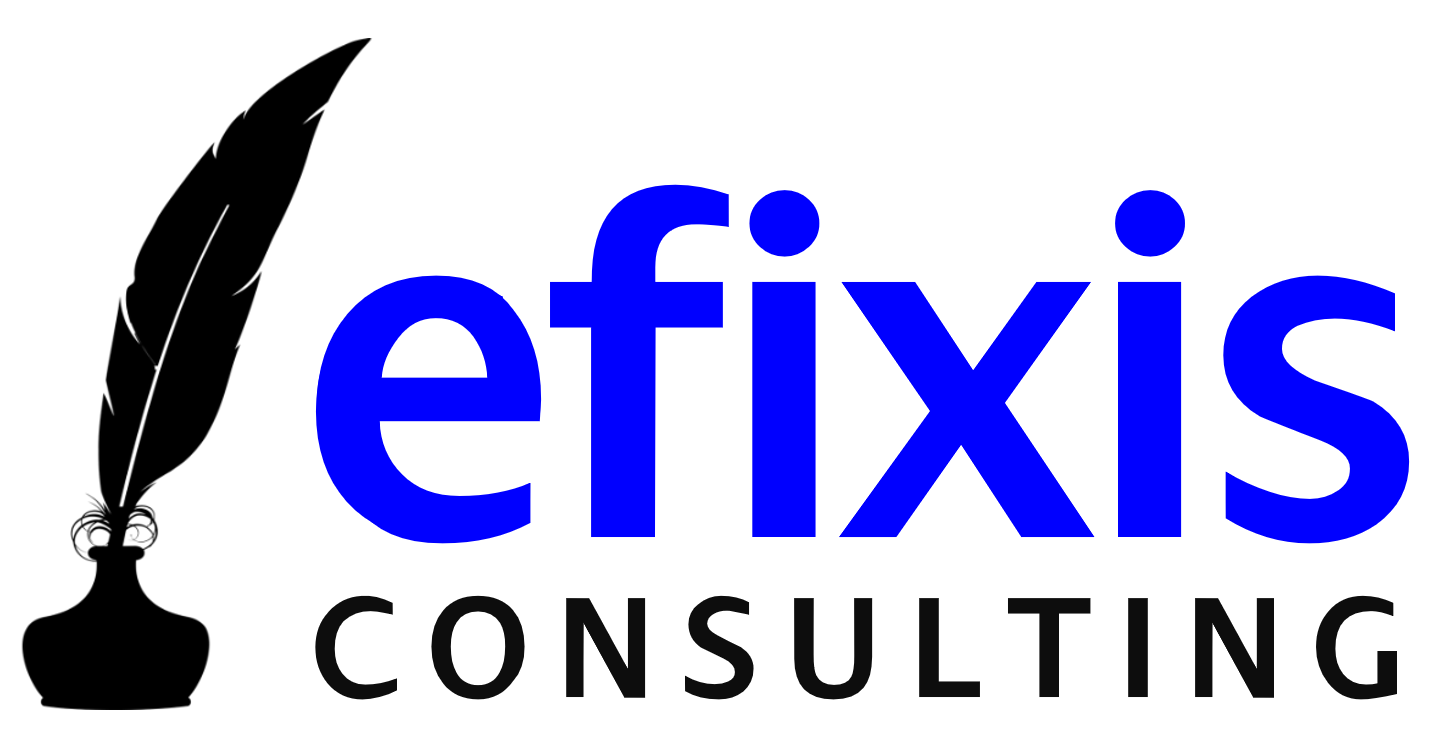Learning & Educational Consultancy
With our extensive experience in high profile educational and research institutes in the UK, Europe and East Asia, we can offer effective development of your institution's curriculum as well as prepare your courses and members of staff for academic accreditation by internationally renowned bodies, such as The IET, BCS, and other similar.
We can also work with organisations to evaluate and analyse the gap between their employee skillset and organisational goals and provide solutions for learning and development which will enable the employees to step up, meet and even surpass expectations.
Curriculum Development
The curriculum is the heart of any learning institution. It encompasses relevant and timely knowledge ready to be delivered to individuals at various stages of learning in their lives. Curriculum development is a planned, purposeful, progressive and systematic process. Curricula must be continuously updated to incorporate changes in science, technology, engineering, business and any other subject relevant to its specific direction.
The process of curriculum development incorporates understanding of needs that must be addressed and the educational capabilities of the target learners. It involves planning, design, development, implementation and evaluation. There are various models which are used in this process but at Efixis we believe that flexibility and focus on the initial goals set is more important than simply applying a particular model.

Focus and outcomes of curriculum development include:
• Course and/or module(s) introduction and description;
• Minimum entry requirements;
• Pre-requisites and co-requisites;
• Educational aims and objectives;
• Teaching content outline / syllabus;
• Learning and teaching methodology and delivery mode(s);
• Intended learning outcomes;
• Learning assessment strategy, components and methodology.
Curriculum Accreditation
Accredited qualifications are regulated by awarding bodies such as Ofqual, Engineering Council, IET, BCS and others. Learners are thus guaranteed that a qualification programme and its awarding body meet stringent quality standards, are fit for purpose, include relevant content, and use appropriate assessments methodologies.

At Efixis, we specialise in preparing academic institutions for the following accreditations:
[afwp_group_accordion id="29"]
The IET Accreditation is an internationally respected benchmark awarded to high quality programmes that provide an ideal preparation for aspiring professional engineers.
The IET is one of the world’s leading professional societies for the engineering and technology community. IET accreditation is licensed by the Engineering Council and covers a broad spectrum of engineering and technology subjects. It is recognised around the world as an indicator of quality through the Washington and Sydney accords, governed by the International Engineering Alliance (IEA). Departments with IET accredited programmes are eligible to apply for the EUR-ACE label, awarded by European Network for Accreditation of Engineering Education (ENAEE).
Accreditation is awarded to higher education programmes that meet the educational requirements of the UK Standard for Professional Engineering Competence (UK-SPEC) as outlined in the Accreditation of Higher Education Programmes now in its third edition (AHEP3). It centres on a review of a programme’s content and delivery and includes areas such as relevance, coherence, challenge, assessment, staffing, quality assurance and resources.
Individuals with awards from accredited programmes will avoid some or all of the detailed assessment of the educational requirements necessary for Incorporated Engineer (IEng) or Chartered Engineer (CEng) registration, making the registration process more straightforward.
Source: http://www.theiet.org/academics/accreditation/
One of the many responsibilities of BCS under its Royal Charter is to develop and maintain standards in educational qualifications that provide an appropriate foundation for those who wish to follow a career in computing or information systems.
As part of this responsibility, BCS undertakes a programme of visits to Universities and other Higher Education Institutions to review computing courses.
Courses are accredited for Chartered IT Professional (CITP), BCS's own Chartered qualification. Undergraduate industrial placements, Degree Apprenticeship and Foundation Degree programmes are accredited for Registered IT Technician (RITTech), a standard owned and regulated by BCS.
Additionally, as a Nominated Body of the Engineering Council and the Science Council, BCS is licensed to accredit courses at Chartered or Incorporated Engineer and Chartered Scientist level.
Source: http://www.bcs.org/category/5844
Learning in Organisations
Organisational performance is heavily reliant on the skill-set of its employees and their ability to understand and satisfy the goals of the organisation. If the employees do not possess the necessary skills the ability of the organisation to meet it's goals is seriously compromised. Learning in organisations is an ongoing process which must be in place to enable employees to gain the necessary skills to perform as expected in their role.
Organisational experts from Dexiotis can evaluate and analyse the gap between employee skillset and organisational goals and provide solutions for learning and development which will enable the employees to step up, meet and even surpass what is expected of them.

• Familiarisation with organisational goals and objectives;
• Establish skillsets required based on goals and objectives;
• Evaluate availability of employee skillsets within the organisation;
• Perform training needs analysis;
• Determine most appropriate means for the delivery of learning and development;
• Incorporate a flexible and blended approach to accommodate different learning styles and maximise participation;
• Include a full training cycle on soft, technical, product and HR related subject matter as deemed necessary;
• Development of an effective strategic learning and development solution that satisfies the needs of your organisation.
Learning Solutions
The process of learning delivery has changed fundamentally during the last few years. Technology is moving to the heart of learning and will continue to do so as the gap between traditional and new technological methods of learning is becoming smaller and smaller. The notion that learners must physically go to where learning is delivered, at the time it is delivered, is no longer the only option. Learning can nowadays be delivered at a place and time suitable for learners, fitting it around their daily schedule and their work and family responsibilities. Learning has become a lifelong process and technology enables it!
At Efixis, our expertise in education and learning delivery makes us the people to talk to for your learning delivery needs. We have extensive knowledge of the tools and technologies available for learning delivery and are best placed to advice and enable your organisation to be at the forefront of lifelong learning.

Learning Solutions can be structured as:
• eLearning;
• Hybrid;
• Block Mode;
• Virtual;
• Traditional;
• Face-to-Face;
• Blended;
• Mixed Mode.

